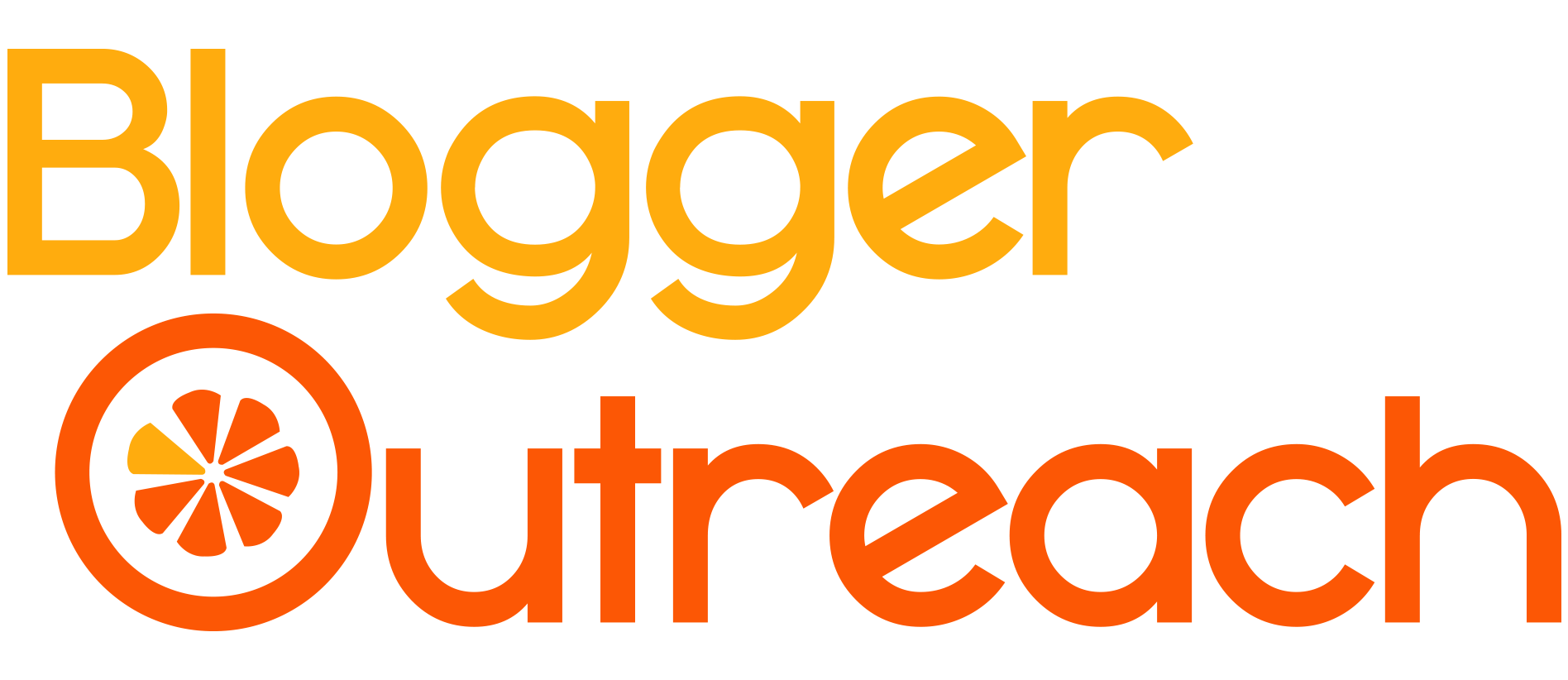Book Blogs that Accept Free Guest Posts
LIST OF TOP BOOK BLOGS THAT ACCEPT GUEST POSTS
Below is the list of top book sites that might accept your blog posts for free. Posts and links from these authoritative sites are priceless for traffic and search-engine-optimization, but your post must be of the highest possible quality and adhere to multiple other individual rules.
| Blog | Full Title | HPA | DA | Moz Spam Score | OST | Difficulty | How to Submit Link |
|---|---|---|---|---|---|---|---|
| Inspiringtravellers.com | Travel the World | Adventurous and Luxury Travel Stories | 48 | 48 | 1 | 557 | Moderate | Submit Your Guest Post |
| Biggerpockets.com | BiggerPockets Real Estate Investing Education, Tools & Networking | 64 | 80 | 8 | 305.7 K | Hard | Submit Your Guest Post |
| Hbr.org | Harvard Business Review - Ideas and Advice for Leaders | 72 | 91 | 3 | 3.3 M | Very Hard | Submit Your Guest Post |
| Swarajyamag.com | Swarajya – Read India Right | 49 | 69 | 1 | 22.9K | Moderate | Submit Your Guest Post |
| Intpolicydigest.org | International Policy Digest | 46 | 58 | 0 | 4.6K | Moderate | Submit Your Guest Post |
| Theglitterguide.com | Welcome | Glitter Guide | 58 | 56 | 0 | 17.9K | Very Hard | Submit Your Guest Post |
| Fashion.Allwomenstalk.com | Fashion : All women's talk | 50 | 74 | 4 | 5 K | Moderate | Submit Your Guest Post |
| Merriammusic.com | Toronto's Top Piano Stores and Music Schools | 44 | 34 | 1 | 86K | Moderate | Submit Your Guest Post |
| Pastemagazine.com | Paste Magazine - The Best Music, Movies and More | 65 | 88 | 2 | 843,9 K | Very Hard | Submit Your Guest Post |
| Inspirationfeed.com | Inspirationfeed - Inspiring and educating creative entrepreneurs. | 57 | 73 | 1 | 321.1 K | Hard | Submit Your Guest Post |
| Term | Explained | Definition |
|---|---|---|
| DA | Domain Authority | Domain Authority (DA) is a search engine ranking score developed by Moz that predicts how well a website will rank on search engine result pages (SERPs). A Domain Authority score ranges from one to 100, with higher scores corresponding to a greater ability to rank. |
| HPA | Home Page Authority | Same Applicable to Home Page |
| OST | Organic Search Traffic | As calculated by SEMrush |
From Wiki:
A book is a medium for recording information in the form of writing or images, typically composed of many pages (made of papyrus, parchment, vellum, or paper) bound together and protected by a cover. The technical term for this physical arrangement is codex (plural, codices). In the history of hand-held physical supports for extended written compositions or records, the codex replaces its immediate predecessor, the scroll. A single sheet in a codex is a leaf, and each side of a leaf is a page.
As an intellectual object, a book is prototypically a composition of such great length that it takes a considerable investment of time to compose and a still considerable, though not so extensive, investment of time to read. This sense of book has a restricted and an unrestricted sense. In the restricted sense, a book is a self-sufficient section or part of a longer composition, a usage that reflects the fact that, in antiquity, long works had to be written on several scrolls, and each scroll had to be identified by the book it contained. So, for instance, each part of Aristotle's Physics is called a book. In the unrestricted sense, a book is the compositional whole of which such sections, whether called books or chapters or parts, are parts.
The intellectual content in a physical book need not be a composition, nor even be called a book. Books can consist only of drawings, engravings, or photographs, or such things as crossword puzzles or cut-out dolls. In a physical book, the pages can be left blank or can feature an abstract set of lines as support for ongoing entries, e.g., an account book, an appointment book, an autograph book, a notebook, a diary, or a sketchbook. Some physical books are made with pages thick and sturdy enough to support other physical objects, like a scrapbook or photograph album. Books may be distributed in electronic form as e-books and other formats.
